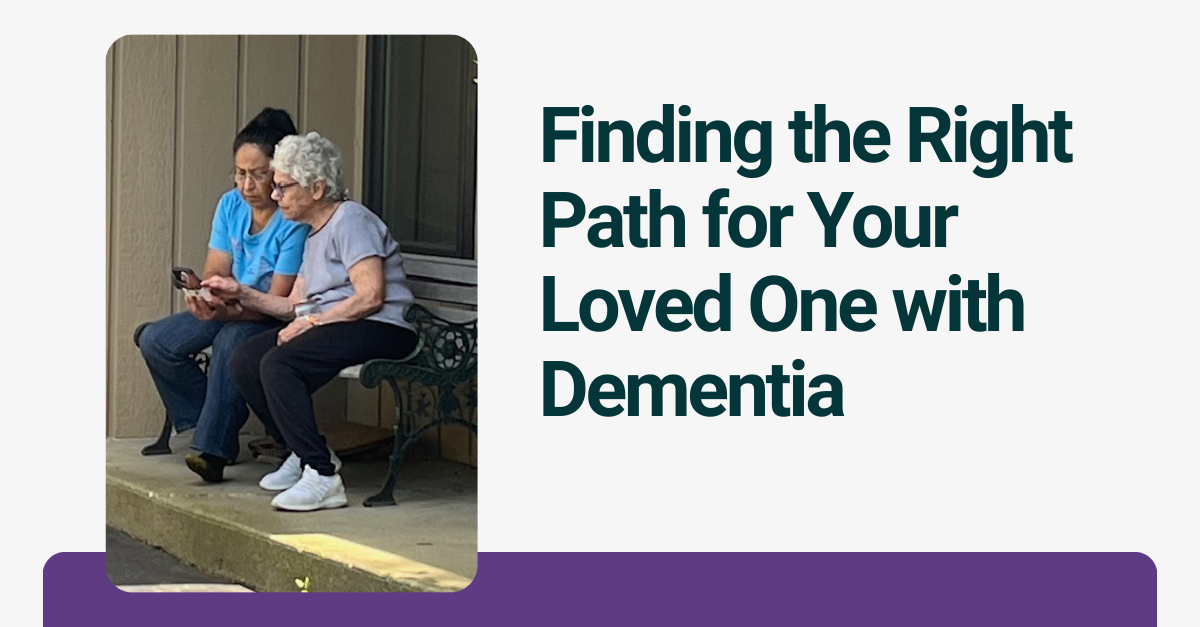As I reflect on the complex journey of determining what is best for my mother, I find myself torn between the differing viewpoints within my family. Some of my siblings believe she would be happier returning to her home, while others, including myself, worry that moving her back is too risky. There is a significant chance she would again refuse care from a hired caregiver, or that her dementia-related behaviors would be too overwhelming for one person to manage at home.
Although weary, I agreed to the plan to move her out of the memory care community and back home, especially since the siblings who wanted her home were also willing to take responsibility and oversee her care. Initially, this is exactly what happened. My brother from California flew in, prepared the home for my mom’s return, hired a new 24-hour care partner named Marcie, and agreed to live in the home during the transition. For the first few weeks, things were going well. However, whenever my brother left the house, even for a short period, my mom would question why the care partner was there and anxiously await his return.
Even with a highly skilled care partner like Marcie, it was a full-time job for my brother and simply not sustainable. After just a few weeks, he was worn out and needed to return to his life in California. Although Marcie felt prepared to take full care of my mom, there were concerns about how my mom would respond. Her past behaviors were unpredictable, and she became easily agitated when “strangers” entered her space. However, the only way to know if my mom would accept Marcie was to give it a try.
So, here we go again, but this time, I am functioning more as a supportive sibling than a decision-maker. I realize that my professional experience and knowledge make it easier for me to understand her declining cognition and the disease itself than my siblings. This is why I felt I needed to step back and give the rest of the family the time they needed to accept where my mom was on her dementia journey.
My Advice
Caring for a loved one with dementia can be overwhelming, particularly when family members have differing opinions on the best course of action. It’s important to acknowledge the uncertainties that come with dementia. While we hold onto hope, it’s vital to approach the situation with a realistic mindset and a willingness to adapt as needed.
When multiple family members are involved, each experiencing varying levels of emotional acceptance, decision-making can become extremely challenging. Recognizing and addressing these emotional dynamics is crucial in navigating the complexities of dementia care.
Caregiving involves complex and difficult decisions that families must face together. It’s crucial to find ways to collaborate, overcome differing opinions, and support one another throughout the challenging journey of caring for a loved one with dementia. Remember, you’re not alone, and resources are available to help you navigate these tough decisions and provide the best possible care for your loved one.

